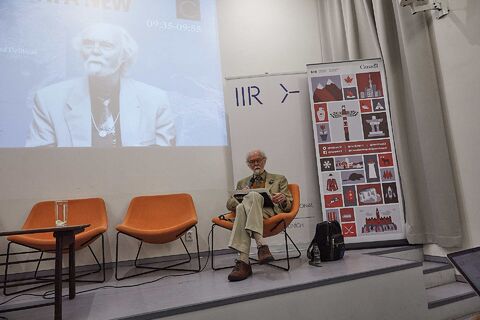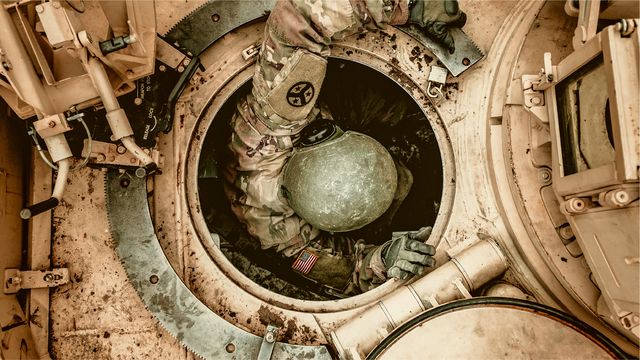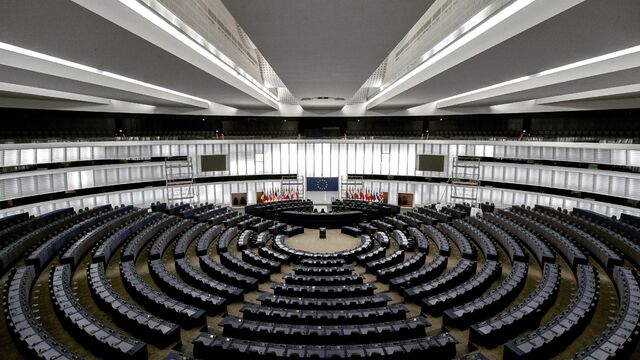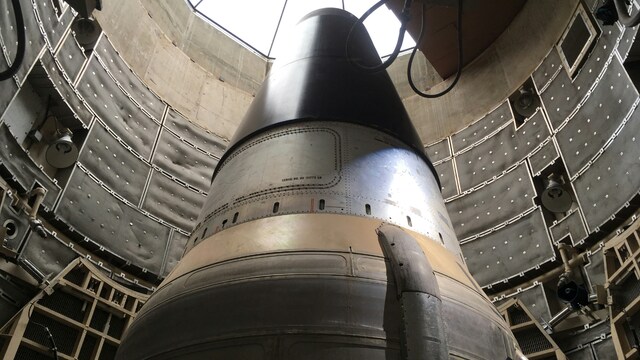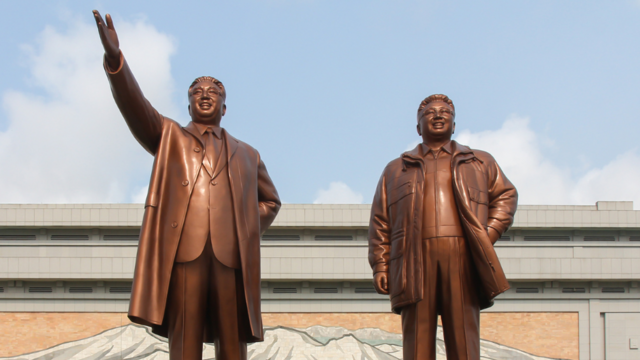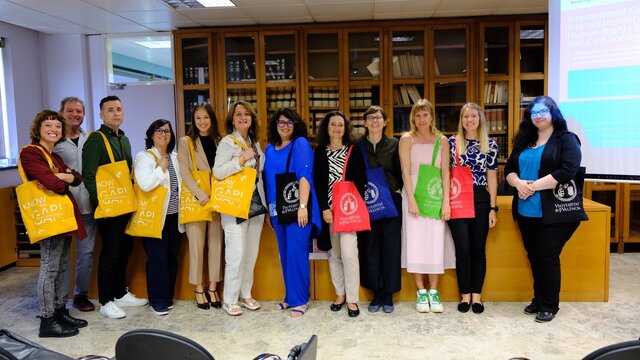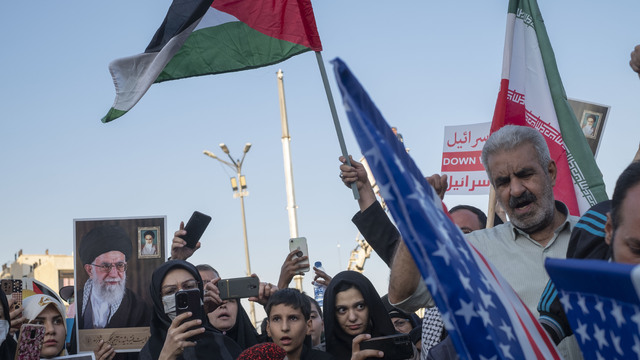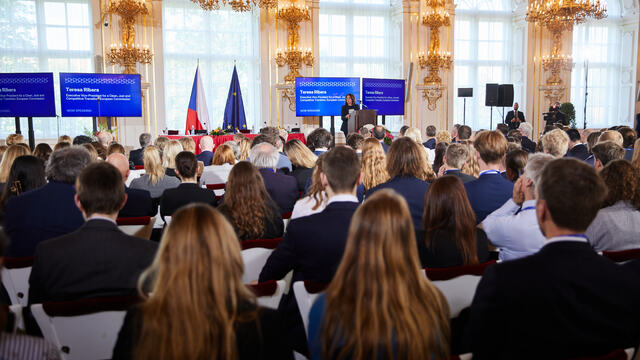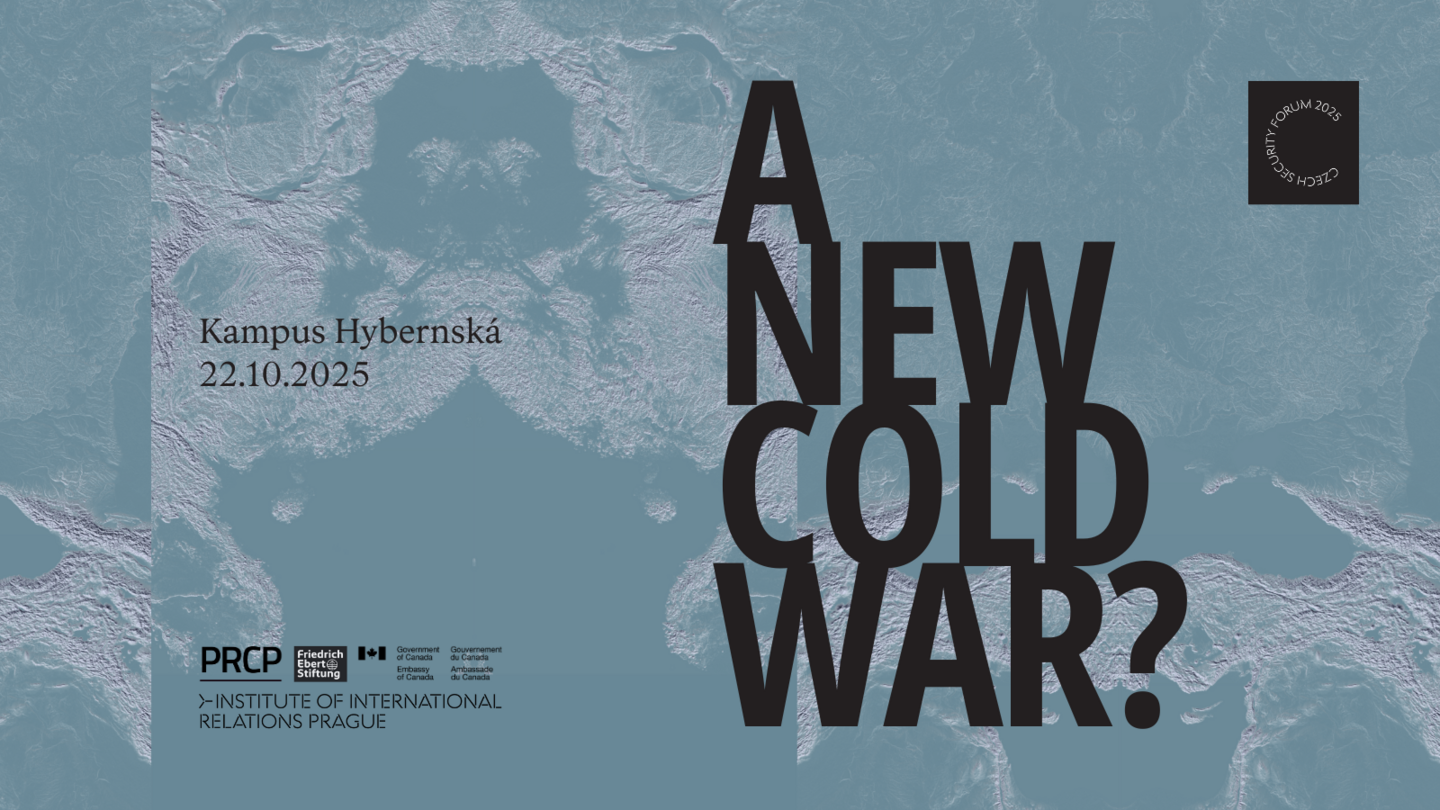
Czech Security Forum 2025
We would like to kindly invite you to our annual security conference, this year holding the title "Czech Security Forum 2025: A New Cold War? Panel Proxy Conflicts in a New Cold War." We are looking forward to hosting you on October 22nd at Kampus Hybernská.
22. 10. 2025 (9:00)
Language: English A.0 Cirkulární Hub, Kampus Hybernská (Hybernská 998/4, 110 00 Nové Město, Praha 1)
The contemporary international system is increasingly characterised by polarization, with new alliances emerging among state and non-state actors across various old and new conflict zones in different regions of the world. This dynamic suggests a gradual bifurcation of global power into two primary blocs of the new cold war: Western-aligned states and anti-Western powers, such as Russia and China, which are often supported by so-called "rogue states" such as Iran and North Korea.
These powers seek to undermine the stability of Western-aligned states through proxy wars which are unfolding in numerous geopolitical hotspots, and by deploying information warfare to discredit and erode democratic values. This raises critical questions about the nature of these proxy wars in the current era. In what ways do they differ from those of the past? What novel strategies, technologies, or methods are being deployed by each side in these conflicts?
Furthermore, the role of ideological values in these confrontations is particularly noteworthy. Is the new cold war ultimately a clash between democracy and authoritarianism? How do the respective values of these systems shape their strategies, alliances, and influence in the international arena?
Additionally, the position of the "neutral" or "non-aligned" nations deserves careful consideration. How will these states navigate the intensifying rivalry between Western and anti-Western coalitions? Under what circumstances might these neutral actors align with one side or the other, and what factors will influence their choices? Addressing these questions is essential for understanding the evolving dynamics of the new cold war and the broader implications for the international order.
Day 1 22/10/2025
Registration
Keynote Speech
Professor Barry Buzan is one of the world’s most distinguished International Relations theorists. In his keynote speech, he will make a case that today’s world politics can best be characterized as a Second Cold War. Cold wars risk escalation into hot ones, but can also be fought to win-lose outcomes, as happened with the First Cold War, or to some form of settlement. The Second Cold War is, however, also distinct from the First one in some aspects, particularly the risk of a cyberwar and the shared-fate threat of climate change. The keynote speech will discuss the recent developments in the Second Cold War and the prospects for the future.
Panel 1: New Cold War
In the panel following Professor Buzan’s keynote speech, our distinguished speakers will provide their response to Barry Buzan’s claim that the world has entered the Second Cold War. In addition, each of the speakers will lay out their views on some of the key aspects of today’s world politics: from the dynamics of international trade to the impact of emerging technologies and the stability of military alliances.
Light Refreshments
Panel 2: Foreign Interference in the New Cold War
This panel explores foreign interference within the broader context of an emerging new Cold War, with particular attention to its implications for the security of EU and NATO member states. The current international system is marked by deepening polarization, pitting Western democracies against Russia and China, backed by regimes such as Iran and North Korea. These anti-Western actors increasingly rely on interference strategies—most notably information operations—aimed at destabilizing democratic institutions and eroding confidence in liberal norms. The discussion will assess how contemporary forms of interference parallel or depart from those of the twentieth century, highlighting the impact of emerging technologies, innovative influence methods, and the strategic use of ideology. Central questions include whether this confrontation primarily constitutes a struggle between democracy and authoritarianism, or whether material interests and geopolitical pragmatism are the dominant drivers. By engaging with these issues, the panel aims to enhance understanding of the evolving strategic landscape of the new Cold War.
Coffee Break
Panel 3: Implications for Czech Foreign and Security Policy
This panel will address the implications of the emerging new Cold War for Czech foreign and security policy. For Czechia, a strategically exposed EU and NATO member, this environment creates pressing challenges in safeguarding democratic institutions, ensuring resilience against hybrid threats and disinformation campaigns, and maintaining credibility as an active contributor within the EU and NATO frameworks. The discussion will also consider how Czechia can navigate an environment where non-aligned states, particularly in the Global South, play a growing role in shaping the balance between competing blocs. Special attention will be paid to the opportunities and risks for Czech diplomacy: strengthening transatlantic and intra-European solidarity, enhancing cooperation with like-minded regional partners, and addressing vulnerabilities that adversaries may exploit. By examining these questions, the panel seeks to provide actionable insights for Czech and Central European policymakers on how to anticipate evolving threats, build durable alliances, and reinforce the democratic values that underpin their foreign and security policy in a contested international order.
Closing Remarks
Organiser
Co-organisers
The Czech Security Forum (CSF) is organised by the Institute of International Relations Prague (IIR) in cooperation with Charles University’s Peace Research Center Prague (PRCP). The project is supported by the Friedrich-Ebert-Stiftung Prague and the Embassy of Canada to Czechia.

